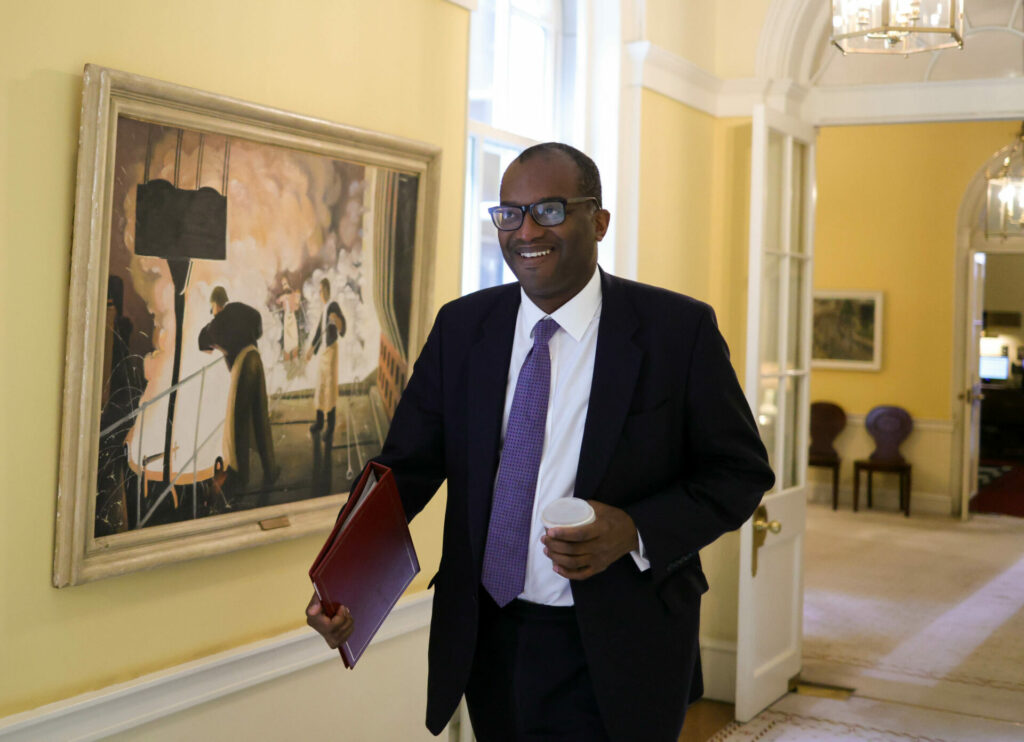British Chancellor of the Exchequer Kwasi Kwarteng, newly appointed in Prime Minister Liz Truss' cabinet, has announced a raft of measures that will be the biggest tax cuts in the United Kingdom since 1988.
On Friday, Kwarteng announced the details of his first mini-budget to deal with the current cost of living crisis in the UK, with the total package of measures costing £100 billion (or €114 billion) according to The Guardian.
In addition, Bloomberg has reported that the price would increase to £161 billion (€184 billion) in the next five years.
The announced measures
With regards to soothing the effects of the energy crisis, £60 billion (€68 billion) will be provided in energy support for British households and companies. This will, according to the government, see each household save £1,000 a year on their energy bills,
Related News
- Liz Truss becomes Britain's next Prime Minister. What's new?
- EU calls on UK's new Prime Minister Liz Truss to respect Brexit agreements
- Queen Elizabeth II: Over 2,000 guests expected to attend Monday's state funeral
Furthermore, as Liz Truss was elected by Conservative Party on a pro-business programme, the government will be cancelling the top 45% rate of income tax a year earlier than planned.
They will also be removing the limit on banker bonuses, as was set out by European law before Brexit.
This has resulted in the mini-budget generating the biggest tax cuts in the UK since 1988, which has led detractors to label the government as being "in hock to a group of rightwing lobbyists, themselves indebted to oligarchs and corporations."

